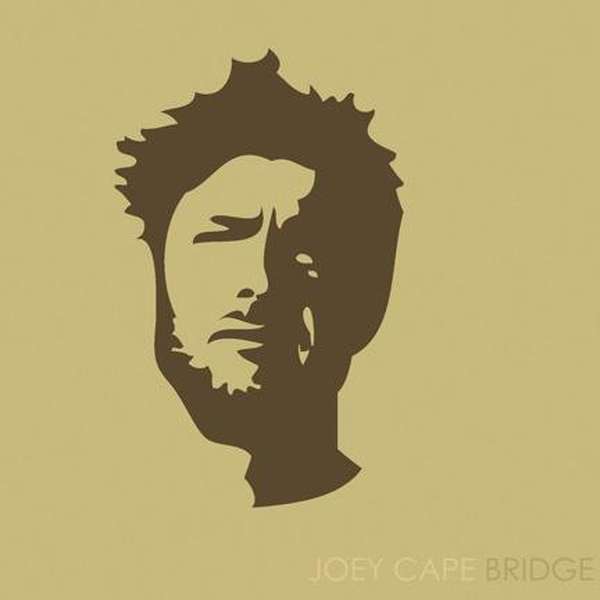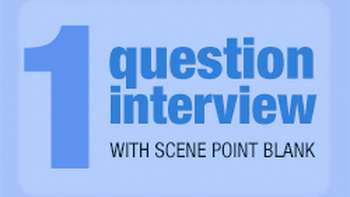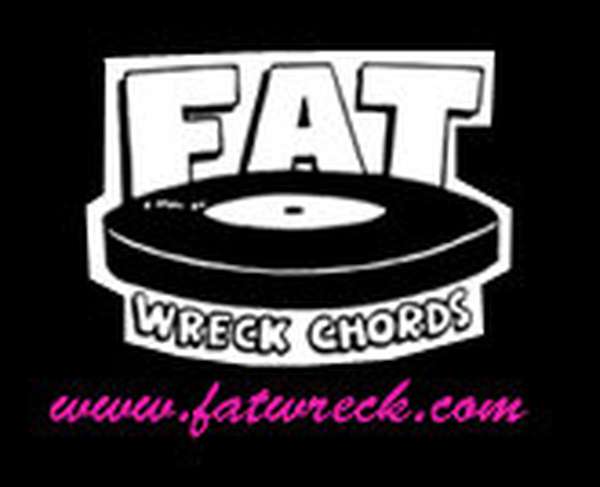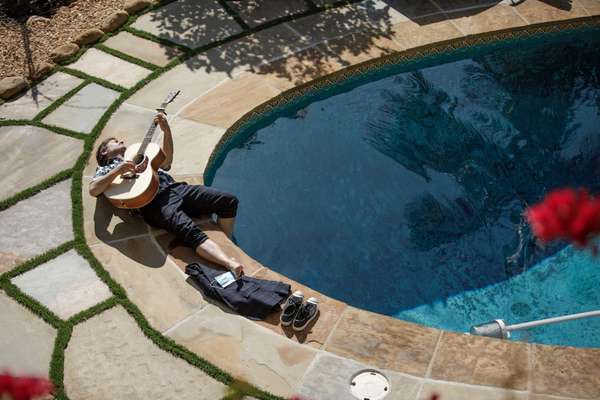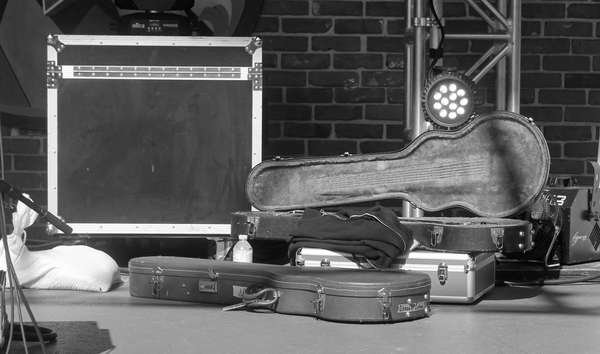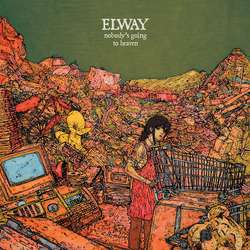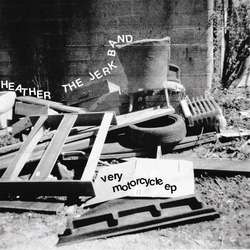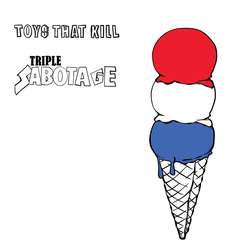Where does the aging punk-rocker go when his band's presence in the scene has all but evaporated, releasing new material only when the mortgage has to be paid or a new mouth to feed has entered the family unit, touring mostly when the opportunity is to travel overseas? He goes to the studio, unplugs the guitar, slows down the tempo, and croons a little softer. Paul Westerberg is doing it well, so why can't Joey Cape try? The singer for the now intermittently active Lagwagon has taken many of the tracks off his main band's most recent EP, I Think My Older Brother Used to Listen to Lagwagon, and re-recorded them in a stripped down, yet gracefully re-arranged format while adding a few originals. Using the same approach as he did with the songs Cape released with No Use for a Name frontman Tony Sly, it's difficult at first to wonder why the songs on Bridge don't hold up as well.
After a few close listens it becomes easy: before someone can arrange and record a song beautifully, it has to be a beautifully written song. Regardless of the style Cape presents these songs in, they lack the originality and freshness found in his earlier work. While he did manage to turn the SoCal skate punk style into something all of his own, the cliché of if ain't broke, don't fix it no longer works. We've heard these same songs for almost twenty years now, albeit in a better form.
On the split with Sly, Cape took the best songs of the Lagwagon back catalog, already catchy yet intricate songs, and revamped them with new rhythms played out with a wide variety instruments that transformed them into Americana numbers, keeping only the most prominent melodies. With Bridge it sounds as if Cape traded the bar chords for standard ones turning punk songs into campfire sing-a-longs. I'd expect this from Kris Roe, but not Cape. After listening to a transformed version of "Violins" it's clear that he is a songwriter capable of work far better than the songs on Bridge.
"Errands" seems to drags on though only thirty seconds longer than the Lagwagon version. Without rapid drumming, emphatic vocals, and electric guitars, the song sounds more like a lullaby to his Cape's daughter Violet. "B-side" the best song from Lagwagon's most recent EP, sounding like a b-side from 1998's Let's Talk About Feelings, also loses its magic, despite the classic Cape vocal melody and subtle flourishes of keyboards and shakers.
The album isn't a total set of clunkers though, in-between bores and Lagwagon unplugged tracks a couple of gems of sincerity surface. "We're Not in Love Anymore", with its whisper singing and close to lo-fi production, sounds like an early Iron and Wine track. The instrumentation added beyond the guitar only accents the notion.
With the album becoming an outdated mode of releasing music, perhaps it would wiser for Cape to release seven inch singles, sparing us the filler and rehashed songs.
